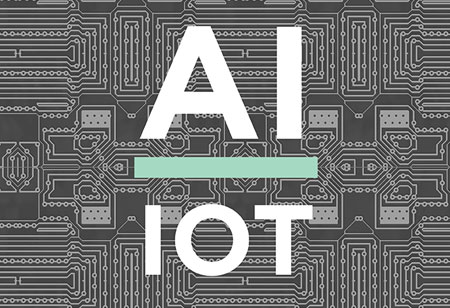THANK YOU FOR SUBSCRIBING
Cloud Computing and its Influence on Digital Transformations
The adoption of cloud computing in organisations fosters resilience, growth, scalability, and innovation.

By
Apac CIOOutlook | Wednesday, December 11, 2024
Stay ahead of the industry with exclusive feature stories on the top companies, expert insights and the latest news delivered straight to your inbox. Subscribe today.
The adoption of cloud computing in organisations fosters resilience, growth, scalability, and innovation. By adopting the cloud, companies can facilitate long-term and secure remote work, build the agility of their organisation which is required to support sustained growth and decrease the total cost of ownership.
FREMONT, CA: The adoption of cloud computing in organisations fosters resilience, growth, scalability, and innovation. As a result, the demand for cloud computing has constantly been on the rise, with global end-users investing in public cloud services alone, predicted to reach over $590 billion this year. Large businesses are pushing to migrate around 60 per cent of their digital infrastructure onto the cloud by 2025, which includes private and public hosting setups.
Advantages of the Cloud
By adopting the cloud, companies can facilitate long-term and secure remote work, build the agility of their organisation which is required to support sustained growth and decrease the total cost of ownership. However, one very important benefit of the cloud, that is often overlooked, is that it serves as an enabler of up-and-coming technologies.
One of the technologies which are apt for adopting cloud computing and scaling in the cloud environment is intelligent automation. It integrates robotic process automation (RPA), artificial intelligence (AI), and business process management (BPM), among others, to restructure processes and drive outcomes for businesses.
The pandemic accelerated digital transformations across the globe, and as a result, RPA experienced huge year-over-year growth. As the pressure for digital transformation rose, businesses turned to combining other advanced technologies to enable intelligent automation.
Combinatorial solutions are being introduced into the industries because while many companies have started their automation journeys, they are yet to optimise their capacity to the fullest.
By adopting cloud computing, businesses can scale their automation with ease, across their enterprise, which in turn generates more capability to include more advanced automation and intelligence to their digital workers faster and securely.
How Cloud Moves Digital Transformations Forward
A cloud intelligence platform gives companies a suite of advanced automation technologies at their fingertips, without the investment required to build their infrastructure and deploy and integrate automation software. Organisations can reduce the total cost of ownership by using a provider’s solution as a service instead of the alternative, which is building and maintaining the solution.
Apart from just fiscal savings, companies also save time which is generally lost in managing and operating an intelligent automation platform. This also provides more time for IT and management teams to focus on other strategic areas such as innovation, while the cloud provider handles the cloud intelligent automation platform.
As the cloud platform offers ready-to-use technologies, businesses need not pay attention to integrating advanced technologies into their platforms. In addition, the cloud setup ascertains that companies have access to the most recent updates, advancements, and capabilities, which aids a space that constantly undergoes rapid development and change.
Cloud Computing Facilitates Agile and Flexible Deployment and Commercial models
Intelligent automation strategies can be customised by companies to meet their unique needs. For instance, if a business necessitates additional digital workers in RPA than in BPM, a cloud-based intelligent automation platform can accommodate these needs.
It can also modify to meet changing needs and also accommodate unexpected ones. For instance, a cloud-based intelligent platform enables airlines to adjust digital workers between peak seasons and others.





